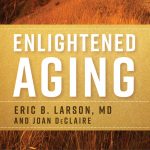health
December 4, 2021
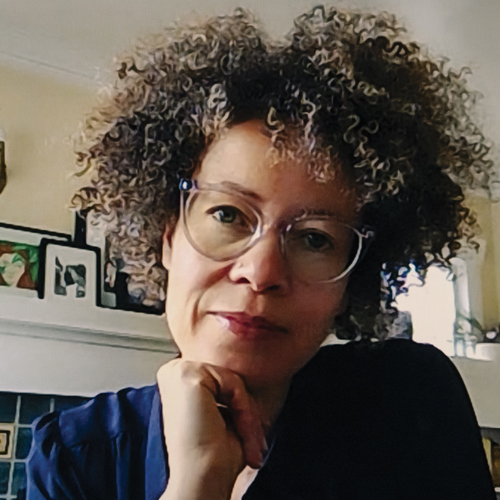
A call to action
Associate Professor Wendy Barrington, '12, brings a passion for health equity to her role as director of the Center for Anti-Racism and Community Health.
September 4, 2021
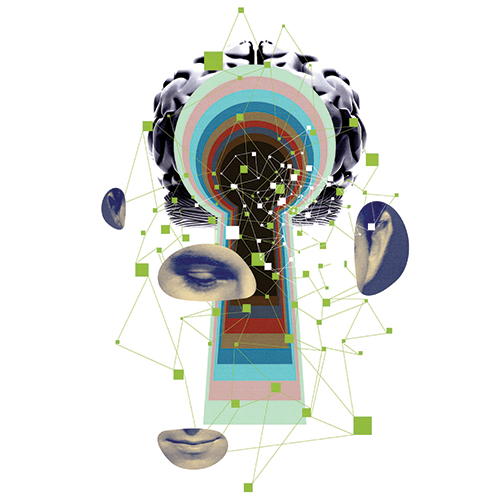
Crisis state
Washington has a shortage of mental-health workers and high demand for treatment. The UW is at the center of efforts to turn the tide.
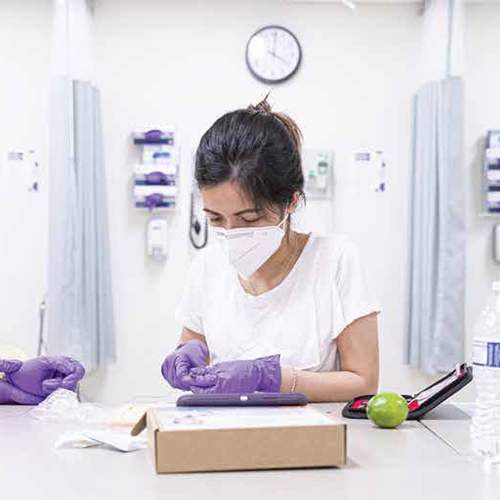
Healthy collaboration
The UW’s six health sciences schools share a mission to improve care and soon will share a new building.
June 10, 2021
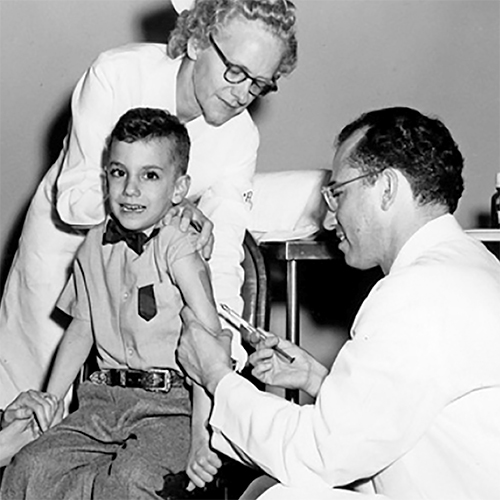
Pandemic parallels
Long lines for vaccines are nothing new to Darrell Salk, whose father created the polio vaccine.
March 11, 2021
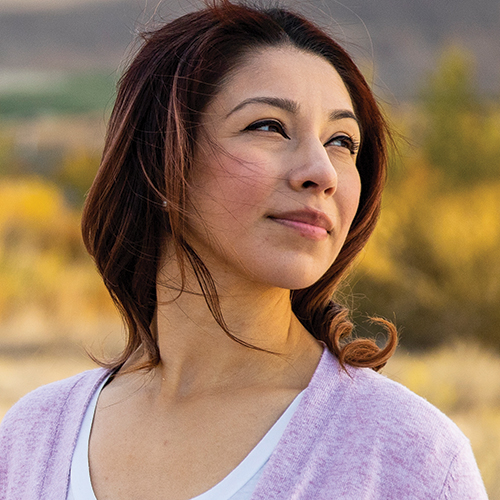
Rural nurses wanted
A program funded by Premera Blue Cross is placing nursing students in rural practices throughout Washington.
June 24, 2020
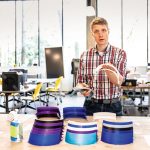
Students step up
Students from across the university have volunteered to assist in a variety of support efforts.
June 4, 2020
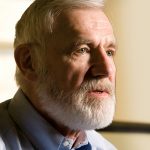
Smallpox slayer's wisdom
William Foege, ’61, was instrumental in wiping smallpox off the face of the Earth. The lessons he learned in that fight offer wisdom as we face COVID-19.
May 15, 2020
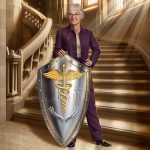
Front and center
With compassion, innovation and empathy, public health leader Patty Hayes strives to make life better for all of us.
December 3, 2019

Happy hints
Recommendations from social psychologist Tabitha Kirkland, whose research explores strategies that nurture our happiness.
March 1, 2019
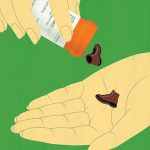
Natural elixir
Spending time outside is a sure-fire way to feel better. But researchers still don't know why that is.
November 30, 2018

Safe travels
Author and traveler Chris Sanford shares 10 bits of wisdom from his book, “Staying Healthy Abroad: A Global Traveler’s Guide.”
June 4, 2018
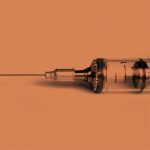
Drug price isn't right
There’s a new blockbuster drug that could save the lives of thousands of people with type 2 diabetes in the U.S.
December 15, 2017

The puzzle of aging
Building on decades of research and outreach, UW experts are piecing together new ways to live longer and better.
May 25, 2017
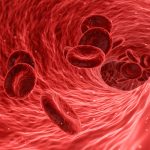
Micro-damaging
Overt racism has long been linked to health disparities, but what about subtle slights?
September 1, 2016

Personal question
Amelia Gavin’s great-grandmother lost two sets of twins in their infancies, a fact that haunts the social scientist as she studies the relationships of race, depression, stress and disparities in babies’ health at birth.
June 1, 2016
Crossing the aisle to save lives
UW faculty member Jennifer Stuber is part of a bipartisan effort to prevent suicides.
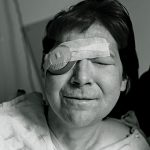
Dying with dignity
Columns staff writer Julie Garner talks to two men facing death, and the people who care for them.
March 1, 2016
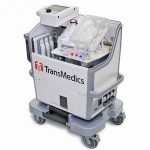
Test driven
Here, we present the tales of two clinical trials of technology that one day could alleviate suffering and improve lives for the hundreds of thousands of people suffering from severe heart problems and kidney failure.
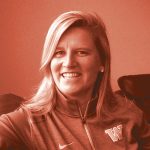
Give Me 5
The oldest of six girls, the former basketball player helps student-athletes — from the burliest linebacker to the tiniest gymnast — deal with life, sports and school.
